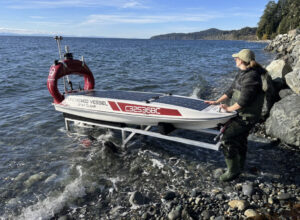
Wave Watching
In this episode of The Root & STEM Podcast, guest host Sofia Osborne speaks with Madie Bouvier-Brown, marine operations lead at Open Ocean Robotics.


In this episode of The Root & STEM Podcast, guest host Sofia Osborne speaks with Madie Bouvier-Brown, marine operations lead at Open Ocean Robotics.
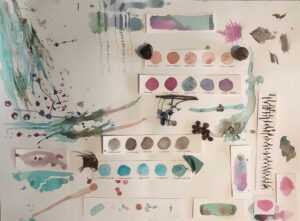
On this episode of the Root & STEM podcast, artist, educator and environmentalist, Betty Carpick, speaks about her unique interest and skill in creating art with natural supplies.
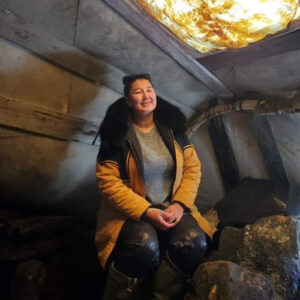
On this episode of the Root & STEM podcast, Director Of Heritage for the Government of Nunavut, Caroline Whittle, shares her insight on the state of language preservation among the Inuit community in Nunavut.
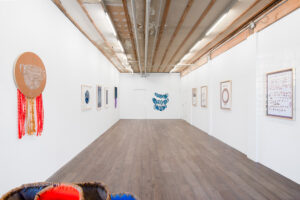
On this episode of the Root & STEM podcast, Sofia Osborne speaks with Tania Willard, an Indigenous artist/curator and assistant professor at the University of British Columbia about her journey as an artist and connecting with and expressing her culture.
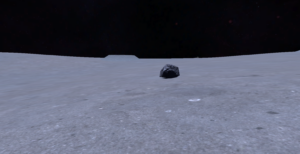
In this simulation- you’ll operate as the sole controller of a virtual rover- stationed at Mission Control. From steering the rover to analyzing data- you’ll gain insight into the mission’s requirements.
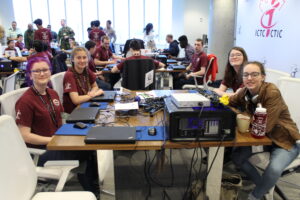
On this episode of the Root & STEM podcast, Sheeana Bolton and Timothy King of the Information and Communications Technology Council (ICTC) explain CyberTitan, a cybersecurity competition for middle and high schoolers organized by the ICTC.
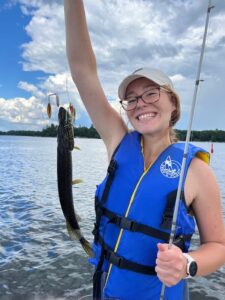
On this episode of the Root & STEM podcast, former Pinnguaq co-op student, Julia Young, shares her unique journey as a highschool student and the helpful tips and tools she learned along the way.
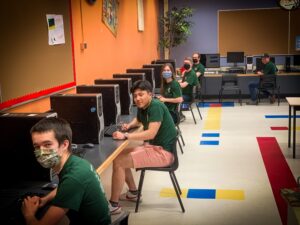
On this episode of the Root & STEM podcast, Christine Menard of Get Cyber Safe shares loads of tips and advice regarding cybersecurity. She begins with an explanation of what Get Cyber Safe is, and continues by revealing which demographics are the highest risk for cyber attacks.
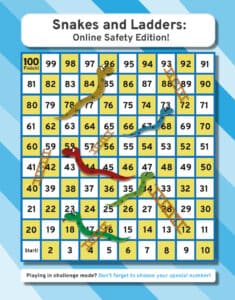
Navigating the internet can feel tricky sometimes, much like a game of Snakes and Ladders. But in this version of the classic game, there’s a twist. The objective is to be the first to reach the 100th square but some squares have snakes and some squares have ladders. Check out Challenge Mode to challenge yourself further.
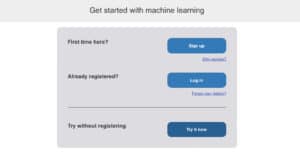
Students explore aspects of AI and develop their own simple AI programs. Then, they connect their newfound knowledge to real-world examples.
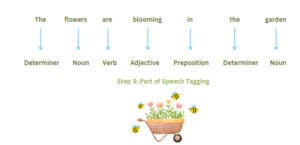
Students learn about natural language processing (NLP) and how it works. They also learn to apply the rules of NLP to a text, how computers identify tag words, and how voice-generated technology impacts many aspects of daily life.
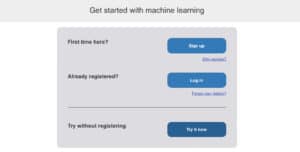
Students learn how computers can process and categorize images. They program and train a computer to recognize certain images and teach it to play Rock, Paper, Scissors.
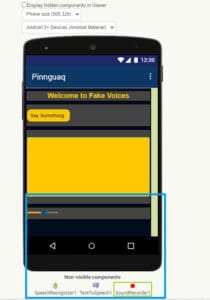
Students explore deepfakes and create a fake voices app using the MIT App Inventor. Learners also explore how deepfakes can pose a threat to online safety and privacy, and how they can have an impact on not only our daily lives but also other areas like commerce, history, crime, and pop culture.

Lawyer and UOIT Business Law Professor, Dr. Rajen Akalu offers insights on the privacy concerns of artificial intelligence and data collection.
On this episode of The Root & STEM Podcast, host and journalist Sofia Osborne speaks with Aidan Pine, a researcher working on the Indigenous Language Technology project at the Canadian National Research Council. Pine shares what got him interested in language revitalization. He then explains how his endangered language dictionary app Mother Tongues was founded. Aidan explains the ReadAlong Studio, a part of the Canadian Indigenous languages technology project that he has assisted, and how it’s helping young learners. Finally, Aidan shares his vision moving forward for Mother Tongues.
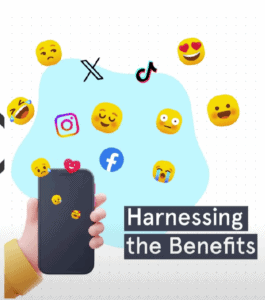
This three-episode series designed for Grade 9-12 students highlights the advantages of technology while introducing potential dangers of the online world and how to avoid them. Each episode focuses on one popular aspect of the digital world: artificial intelligence, social media, and online learning.
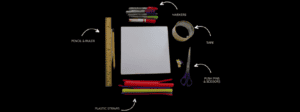
The premise of this experiment is that wind around us can be harnessed, and used for many purposes. It’s a first step to understanding the concepts of renewable energy as well as the historical uses of wind power, and is a starting point to help learners grasp the potential of renewable energy sources.
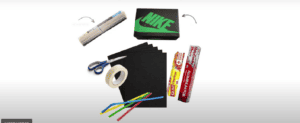
The premise of this experiment is that you can use the sun to “cook” things. It’s a first step to understanding the concepts of renewable energy, and how the sun’s heat can be harnessed as a tool to help us achieve our goals, without using nonrenewable energy sources.
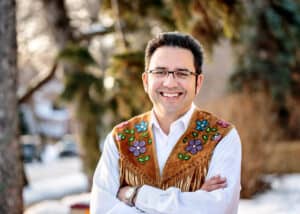
On this episode of the Root & STEM podcast, Richard Van Camp, shares all about his ongoing graphic novel series The Spirit of Denendeh. He begins by crediting those who contributed to the creation of the books.
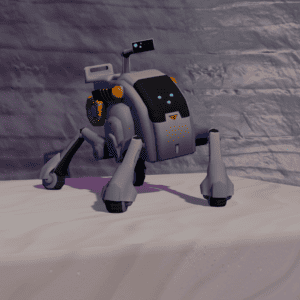
In Rover Fleet Luna you will be an autonomous rover that has awakened alone on the moons surface. You will need to gather supplies and navigate a vast map in order to survive your abandonment on the Moon.
On this episode of the Root & STEM podcast, Richard Van Camp, shares experiences growing up as an Indigenous person in Fort Smith, Northwest Territories, and how those experiences helped shape him into the successful author he is today.
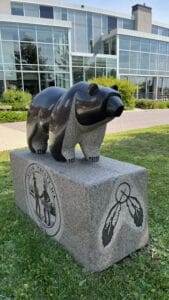
On this episode of the Root & STEM podcast, Matriarchal Firekeeper and project coordinator at UAlberta, Amanda Almond, shares her experiences in research and community engagement, including her involvement in creating an interactive augmented reality (AR) learning experience.